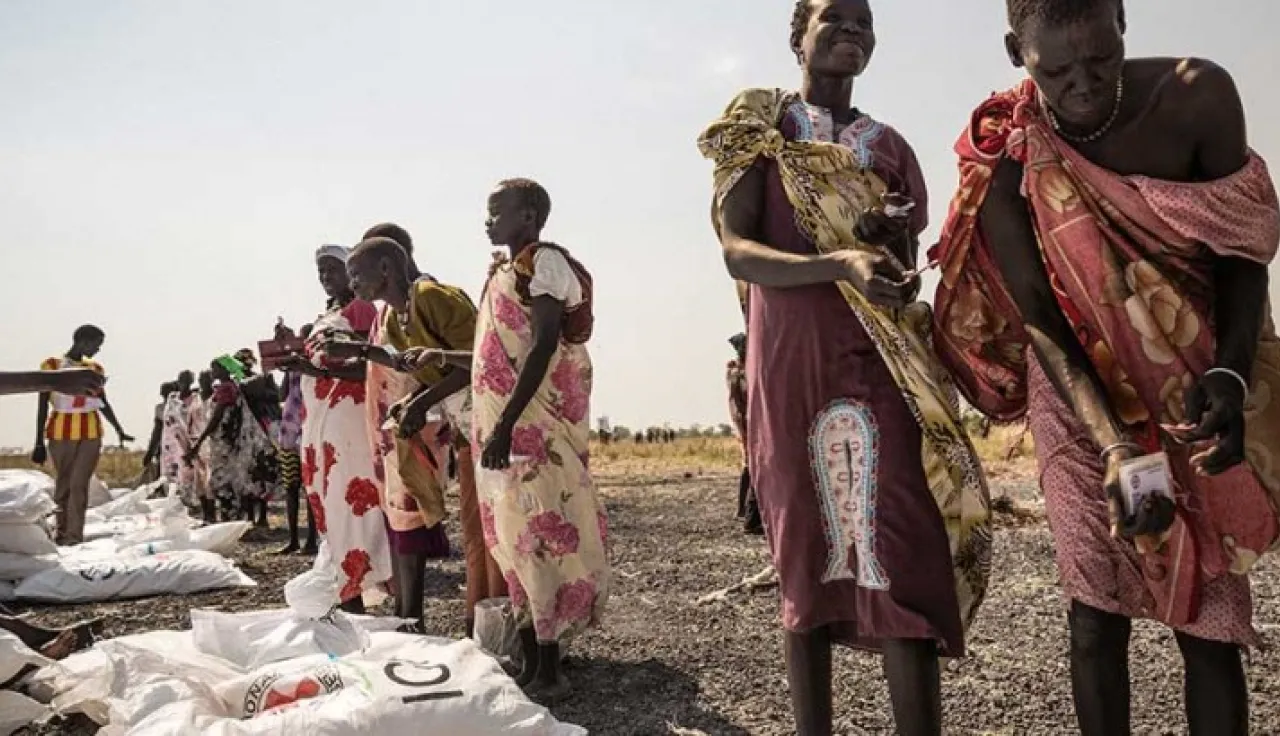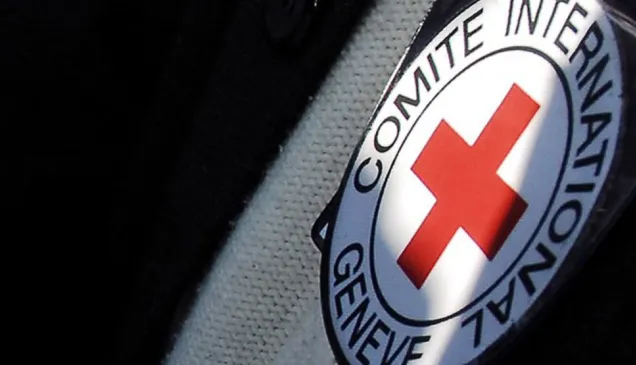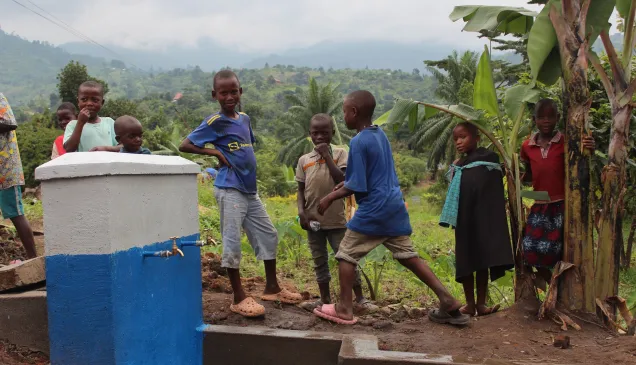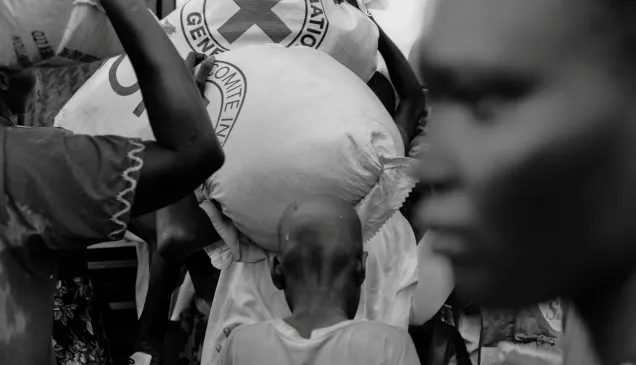New York: At the 72nd session of the United Nations General Assembly, ICRC President Peter Maurer emphasized that conflict was at the root of the famines faced by communities in South Sudan and Somalia. He was speaking at a high-level event on famine prevention and response, hosted by UN Secretary-General Antonio Guterres and World Bank President Dr Jim Yong Kim, and attended by high-level representatives from Member States, UN agencies and humanitarian partners.
"Famine is a symptom of protracted war. And when it manifests, it rarely manifests alone. Famine is accompanied by broken health systems, damaged infrastructure, and shattered economies," Mr Maurer stated in his remarks. "If I can be frank, famine occurs when there is a basic disrespect for decency and the dignity of human life."
The ICRC welcomes the new energy being brought by the UN secretary-general to the prevention agenda. In countries facing famine conditions, frontline action is being supported by greater engagement and investment by development actors.
"Prevention is in the DNA of the ICRC," Mr Maurer said. "While we don't make the peace, we hold the pieces together by limiting destruction and preventing development going backwards. Frontline action must be supported by greater engagement and investment by development actors. We have seen how the World Bank can play this positive role as it has done recently in supporting our operations in Somalia."
Mr Maurer also stressed that wars fought in famine-affected countries are characterised by abuses and violations of the most basic principles of international humanitarian law. He highlighted forthcoming research from the ICRC that is providing fresh insights into changing the behaviour of parties to today's prolonged, borderless conflicts.
"The nature of conflict is being transformed by the rapid rise in armed groups that are horizontally rather than vertically organized," Mr Maurer said. "More armed groups have emerged in the last six years than the previous six decades. We all need to adapt to this new reality, and quickly."
"Our new research with several armed forces and non-state armed groups is providing fresh insights on behavioral change. We are discovering that a frontline fighter is more concerned about the views of peers than the punishment of commanders."
Read full remarks: https://www.icrc.org/en/document/icrc-statement-un-general-assembly-high-level-event-famine-prevention-and-response
For further information, please contact:
Diana Santana, ICRC New York, tel: +1 917-455-9035
Matt Clancy, ICRC Geneva, tel: +41 79 574 15 54




